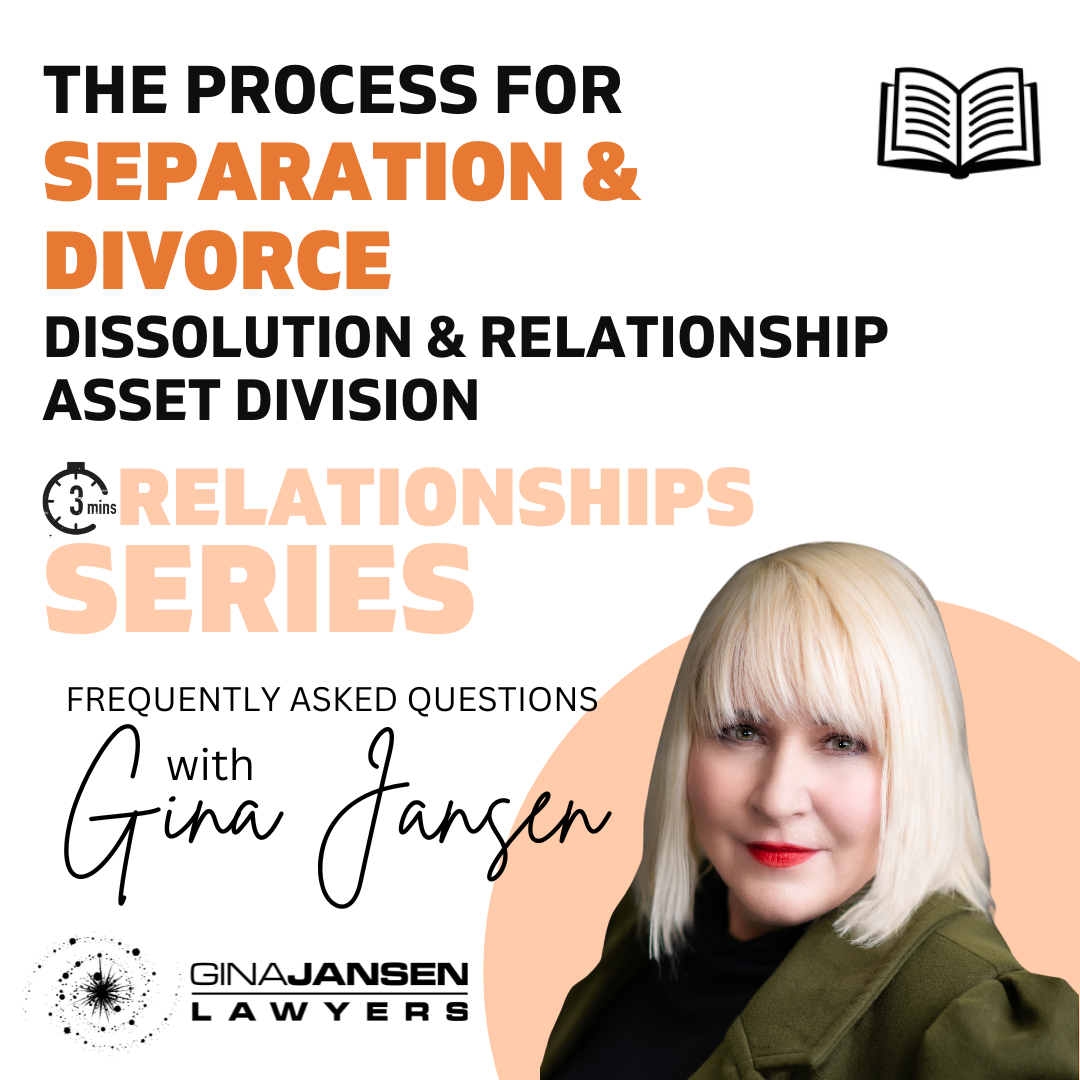Navigating the end of a marriage or civil union, and the legal aspects involved, can be overwhelming at a time when emotions are already high and both parties are feeling vulnerable.
Getting the right guidance and legal support throughout each stage of the process of separating and dividing up marital assets is essential. Here’s some of the common questions we receive.
What is the difference between separation, divorce and dissolution?
In New Zealand, separation refers to the date the couple decide that they are to live apart. This date can apply even if the couple agree to live separately but within the same house for a time. There is no formal process for separation, and getting a “divorce” only applies to legally married couples. For legal purposes, a divorce is known as a “dissolution of marriage” and civil unions are known as a “dissolution of civil union”.
Can I apply for a dissolution by myself if my partner won’t agree?
An application to the Court for dissolution, whether made jointly by agreement or by one party, can only commence after the parties have been living apart for two years following the separation date. Reconciliations during the two-year period will not reset the clock, so long as reconciliations are less than three months cumulatively. Unlike other jurisdictions, New Zealand dissolution applications are made on a “no fault” basis, for example, it is irrelevant if one party was unfaithful during the marriage or civil union. You also don’t need the consent of your ex-partner to file a one-party sole application for dissolution, and if the single-party application is not contested, there won’t be any appearance in Court and the application will be dealt with on the papers. Where, however, certain matters remain unresolved and/or disputed, for example, the day-to-day care of minor children, marital and separate property division, and financial support (whether child or spousal or both), Court proceedings are likely to become necessary.
How will our property be divided?
The Property (Relationships) Act 1976 provides that family homes, vehicles, furniture, KiwiSaver funds and other assets acquired during the relationship are usually divided equally, unless a valid contracting-out agreement exists. The Act also provides that unless intermingled with relationship property during the course of the relationship, inherited property, gifts specifically made to one partner and assets acquired before the relationship can potentially be categorised as separate property. The family home, however, is usually considered relationship property (and is therefore divided 50/50), irrespective of whose name is on the title and/or who paid for it. Relationship property and business assets held in family trusts can be problematic and complex. Transparency and full disclosure are required by both parties during property division negotiations, and there are legal mechanisms, such as the Court discovery processes, to help uncover assets hidden by one partner. Given that each relationship breakdown and circumstances are very unique, generic advice can only take a couple so far. Therefore personalised legal advice is necessary to ensure fairness and equity prevail at every stage of the process of separation, dissolution and the division of relationship property.
Got questions? Feel free to connect with us by email or via our website at www.ginajansen.co.nz.











